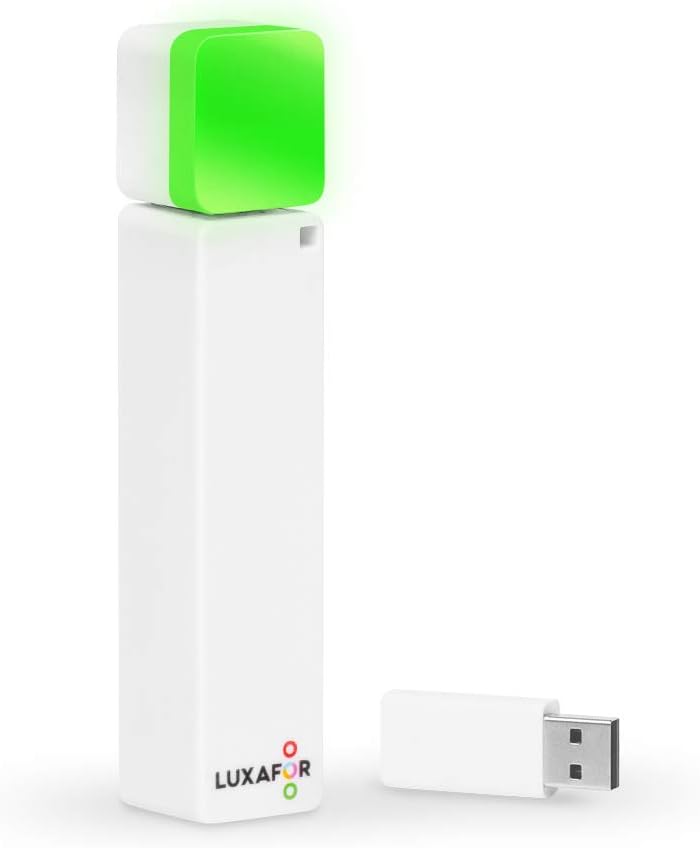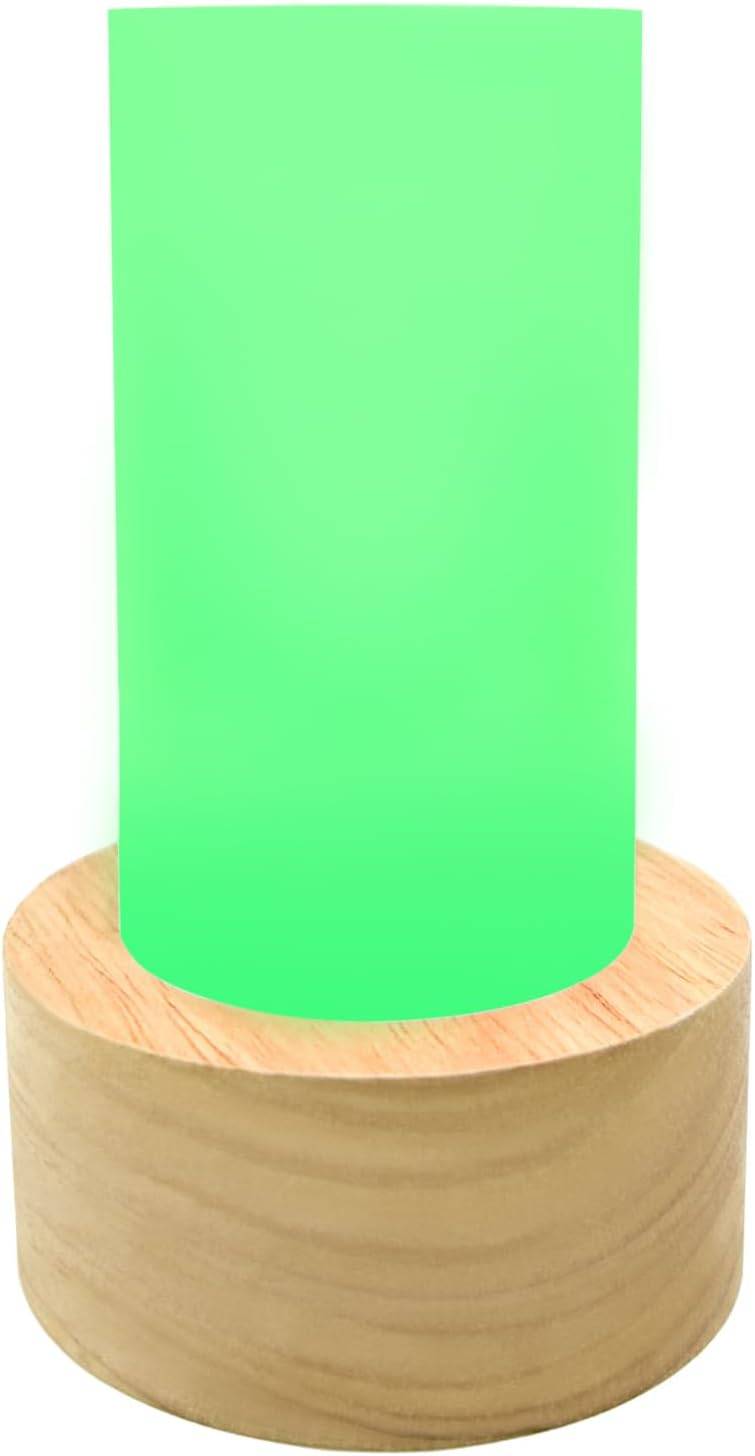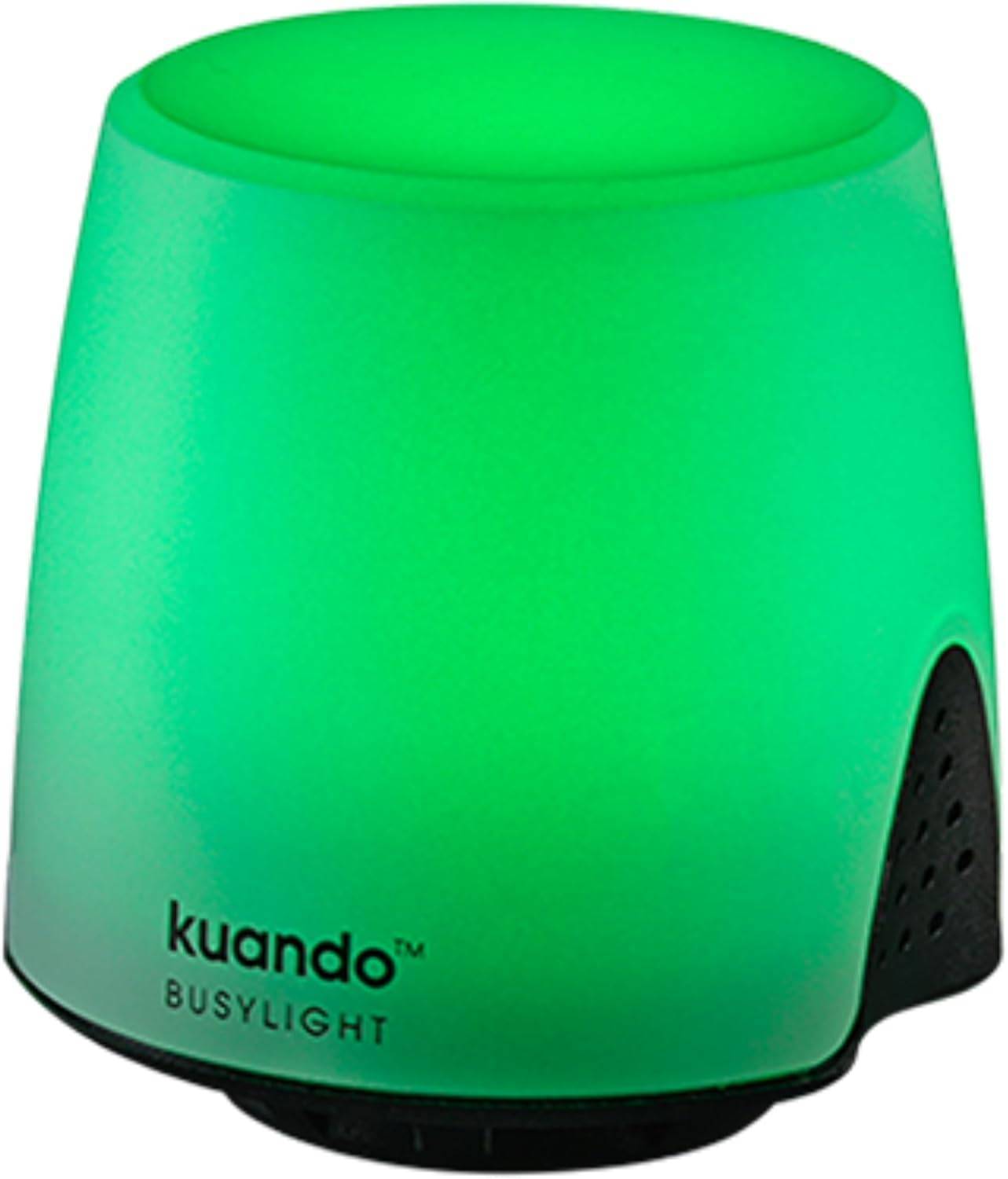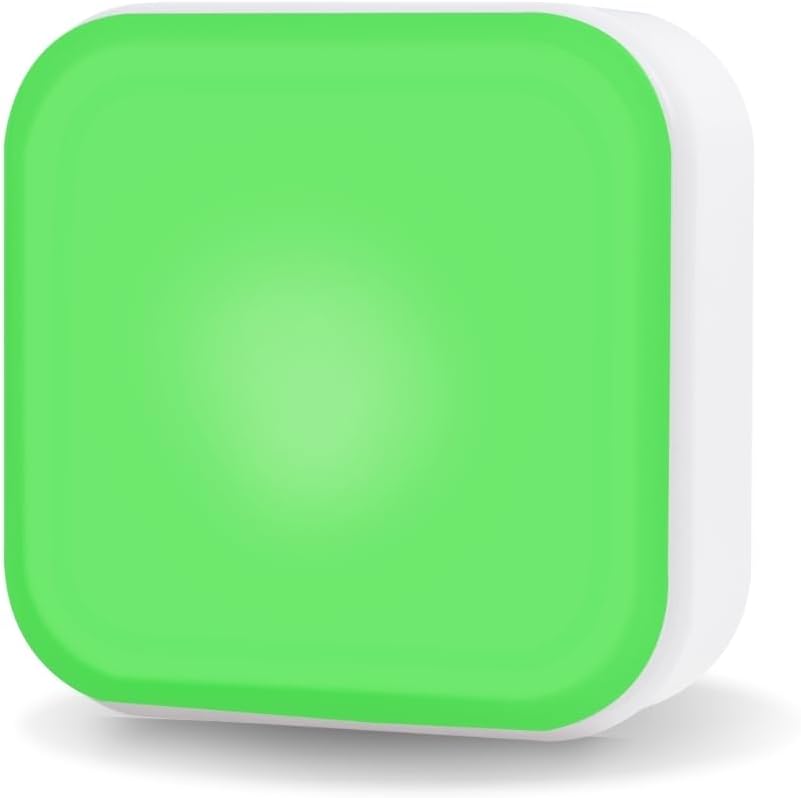Preventing Digital Eye Strain: Complete Guide for Remote Workers
Tired of sore, dry eyes after a day of screen time? Discover simple ways to protect your vision, feel more comfortable, and avoid that end-of-day eye fatigue.
Last updated: May 26, 2025
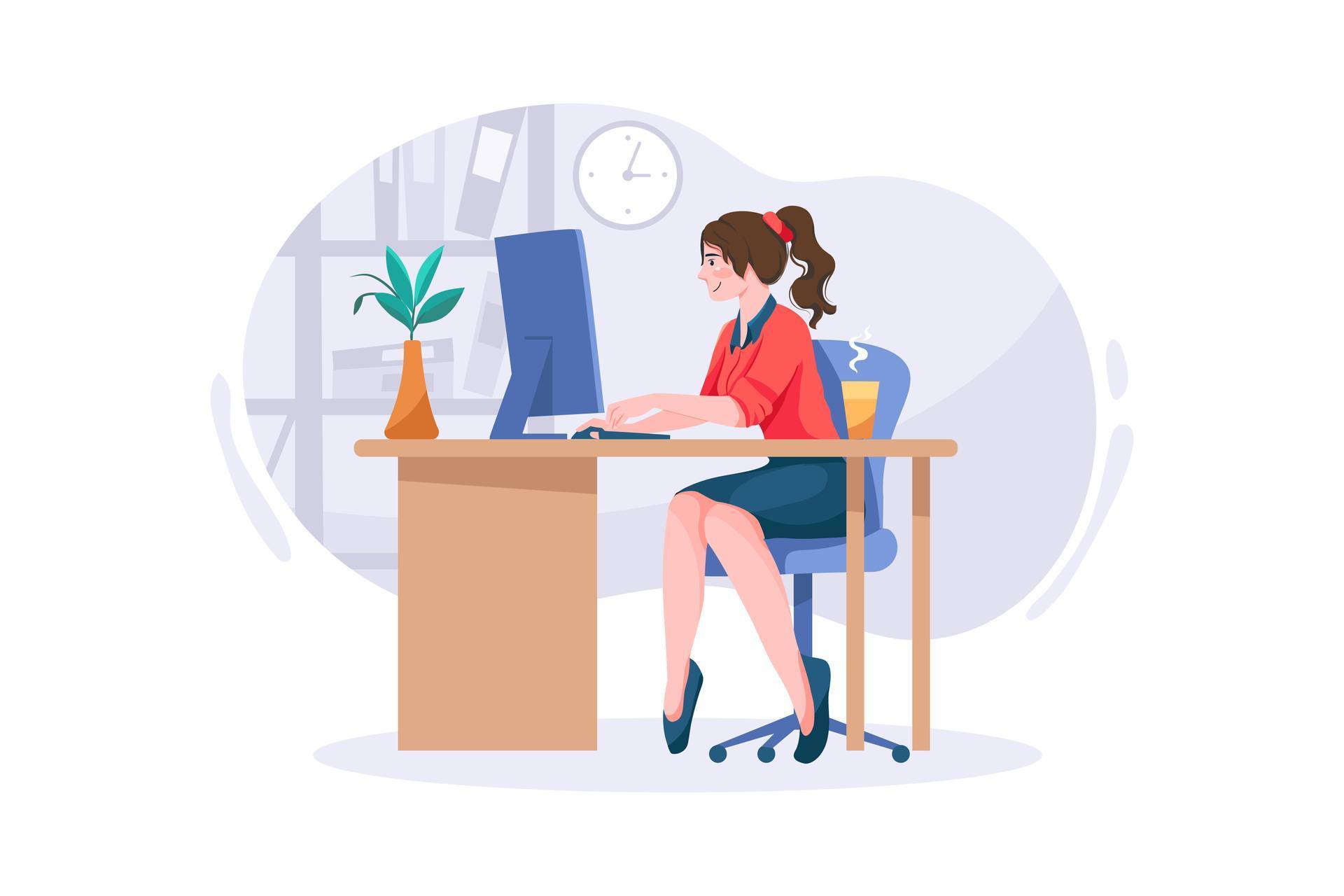
TL;DR
- Follow the 20-20-20 rule: every 20 minutes, look at something 20 feet away for 20 seconds
- Adjust your screen and lighting to reduce glare and eye strain
- Use artificial tears if your eyes feel dry
- Take regular breaks and move around
- Try a desk lamp or mood light to balance lighting
Quick relief for tired eyes
If your eyes are bothering you right now, try these simple fixes:
- Look away: Every 20 minutes, look at something across the room for 20 seconds
- Adjust your screen: Make sure it's not too bright compared to the room
- Make text bigger: Increase the size until it's comfortably readable
- Reposition your screen: It should be arm's length away and slightly below eye level
- Use eye drops: Artificial tears can help if your eyes feel dry
Why your eyes get tired from screens
Understanding what's happening helps you prevent problems:
You blink less - We normally blink about 15 times per minute, but this drops by half when looking at screens. Less blinking means drier eyes.
Your eyes work harder - Your focusing muscles get tired from constantly adjusting to screen text and images.
Blue light exposure - The light from screens can be especially tiring, particularly in the evening.
Creating an eye-friendly workspace
Your physical setup makes a big difference in how your eyes feel:
Position your screen the right way
Place your monitor:
- About an arm's length away
- Just below eye level (so you're looking slightly down)
- Away from windows that create glare
Get the lighting right
Poor lighting is a major reason for eye strain:
- Make sure your room lighting isn't too bright or too dim compared to your screen
- Avoid having windows directly behind or in front of you
- Consider a small desk lamp for reading paper documents
- Try an anti-glare screen if you can't control the lighting
Many people find that adding a lamp like the LED Desk Mood Lamp or a SAD Lamp helps create more balanced lighting around their workspace.
Give your eyes depth variety
Your eyes need chances to focus at different distances:
- Try to position your desk where you can occasionally look into the distance
- If possible, place your desk near a window with a view
Simple habits that save your eyes
Small changes in how you work can make a big difference:
The 20-20-20 rule
This simple habit can prevent most eye strain:
- Every 20 minutes
- Look at something 20 feet away
- For at least 20 seconds
This quick reset relaxes your eye muscles and gives them a chance to rehydrate. Try setting a gentle reminder until it becomes a habit.
Make your screen more eye-friendly
A few quick adjustments can help:
- Use night mode in the evening (it reduces blue light)
- Match screen brightness to your room – not too bright, not too dim
- Increase text size so you're not squinting
- Use dark text on a light background for most reading
- Try reading modes in your browser for text-heavy articles
Move a little, help a lot
Small movements improve blood flow and encourage blinking:
- Use a fidget tool like the Handheld Roller Fidget Toy or Infinity Cube Fidget Toy to give your hands something to do during calls
- Stand up and stretch briefly every 30 minutes
- Roll your shoulders and neck occasionally
- Practice a few full, deliberate blinks when your eyes feel dry
Tools that actually help your eyes
Not all products marketed for eye strain actually work. Here's what's worth considering:
What really helps:
- Lubricating eye drops (preservative-free ones tend to work best)
- Anti-glare filters for screens in bright environments
- Adjustable monitor stands to position your screen correctly
- Simple timer apps to remind you about the 20-20-20 rule
What's probably not worth it:
- Most "blue light blocking" glasses (limited evidence for daytime use)
- Expensive "eye vitamins" (unless recommended by your doctor)
- Screen protectors claiming to "block harmful rays"
Special tips for contact lens wearers
If you wear contacts, you might notice more eye discomfort during screen time:
- Consider wearing glasses instead for long computer sessions
- Use rewetting drops made for contact lens wearers
- Take more frequent blinking breaks
- If possible, try daily disposable lenses for more comfort
Your daily eye comfort routine
Putting it all together into a simple daily routine:
Morning setup:
- Position your monitor at the right height and distance
- Adjust your lighting to reduce glare
- Have eye drops handy if you need them
- Set a reminder for vision breaks
Throughout the day:
- Follow the 20-20-20 rule
- Sit up straight (good posture helps your eyes too)
- Stay hydrated (helps prevent dry eyes)
- Take mini-breaks with a fidget tool
Evening wind-down:
- Turn on night mode on your devices
- Take longer breaks from screens
- Look out a window or spend time outdoors
- Try a warm washcloth over closed eyes if they feel tired
These simple changes can help you end your workday with comfortable eyes instead of that tired, gritty feeling. Your future self will thank you – not just for more comfortable days now, but for protecting your vision for years to come.
Want to create a more eye-friendly workspace? Our color-adjustable mood lamp or SAD Lamp helps reduce harsh lighting contrasts around your screen, creating a more comfortable environment throughout your workday.
Find Tools That Make Focus Easy
Discover handpicked products designed to help you get in the zone and make the most of your day.
